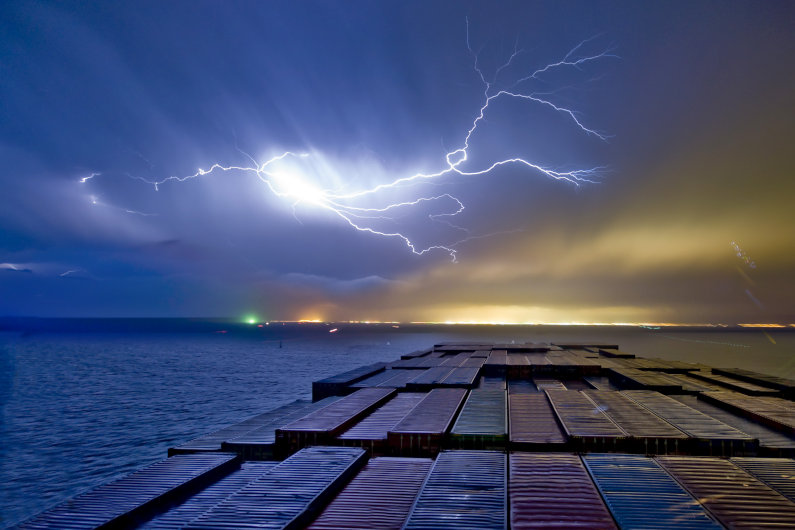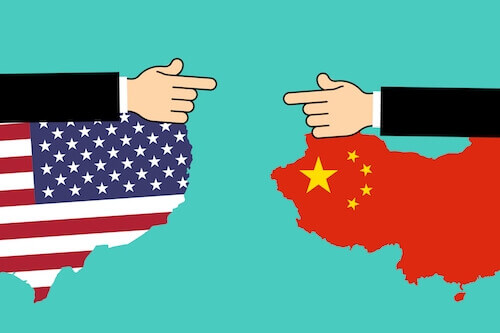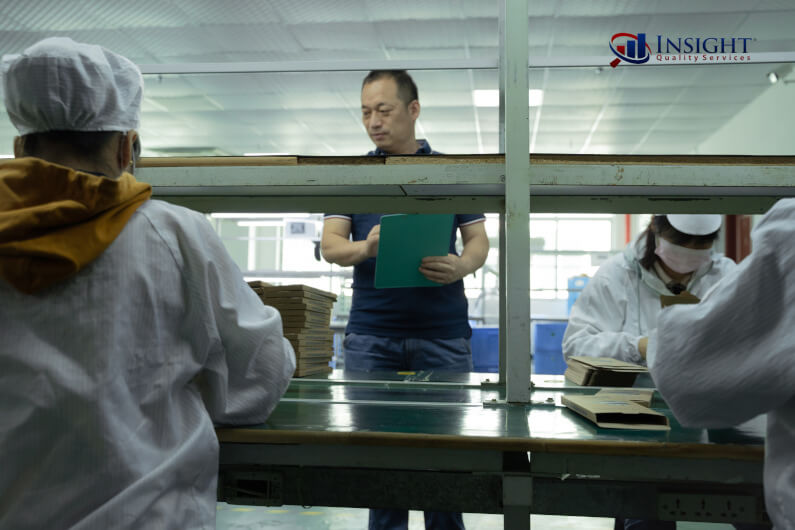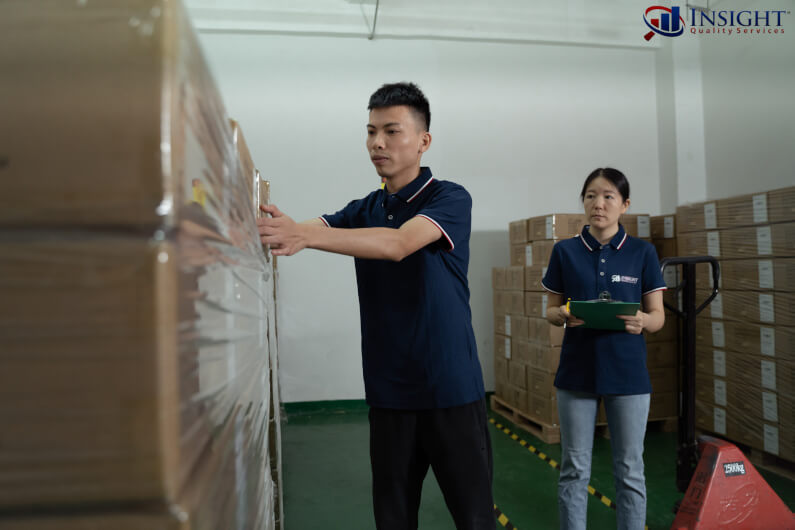As we begin a new year, many importers are taking a hard look at their supply chains to determine what works and what doesn’t. We are in a time when many unknowns exist throughout the world due to the global economy and political landscape.
With upcoming elections in the US, conflicts in Ukraine and Gaza, and uncertainty in the air, it makes sense to take some time to reflect. This way, you can be better prepared for changes that impact your ability to ship goods on time and maintain quality, safety, and regulatory compliance.
Here, we present five points to consider for companies with overseas supply chains.
Table of Contents
1) Unexpected Economic Challenges Have Become the Norm and Require Flexibility

In recent years, global supply chains have seen plenty of unexpected challenges. COVID-19 is now four years old, and the shakeup it caused cannot be understated. From shipping cost fluctuations to factory shutdowns, few people could have predicted events to unfold as they did.
The conflict in Ukraine has impacted the world’s oil and gas supply and agricultural commodities. The war in Gaza has indirectly affected container ships traveling through the Red Sea, causing many ships to be diverted around the Cape of Good Hope. This past week, Asia to Europe 40-foot container rates rose dramatically, going from $1,778 on December 28 to $3,180 on January 2, according to Xeneta.
In 2024, the best advice we can offer is to ‘expect the unexpected’ and understand that things can change at any moment. A flexible mindset and having contingency plans for unforeseen events will be critical.
2) Geopolitical Events are Constantly Shifting the Dynamics of Supply Chains

The relationship between the US and China has become incredibly strained in recent years. The ‘China plus one’ approach to supplier relationships was already a trend due to rising labor costs, but the trade war and frayed relations accelerated it in recent years.
As such, the impact of the upcoming US presidential elections will have an unknown effect on supply chains. Whether you’re in the US or not, the decisions made by the country have an outsized impact on world events, which leads to more unknowns.
It’s not just China that is affected by US policy — for example, the Department of Commerce is currently investigating 15 countries to consider new antidumping duties for aluminum extrusions. The investigation is slated to conclude in July. However, the impact on companies importing extrusions from India, Mexico, Vietnam, and other countries remains unknown, and the duties will be retroactive.
It is vital to monitor the latest developments and determine how they will impact your company.
3) Many Hidden Quality Risks May be Hiding in Your Supply Chain

The economic instability of recent years has led to significant challenges for many organizations. We’ve seen bankruptcies happen at all levels of supply chains, which means it’s increasingly important to keep a pulse on supplier quality.
For example, if your manufacturer’s raw material supplier goes bankrupt, they may need to scramble to find a new one. The new supplier may not provide materials that meet the same standards, and a factory previously getting excellent marks for quality may start shipping inferior goods to you.
Also, if cost pressures start to mount for your manufacturers, it becomes more likely that they will be tempted to cut corners. This issue leads to the phenomenon known as quality fade — the slow, gradual degradation in the quality of a product over time.
With this in mind, it is crucial to maintain your product testing and inspection programs. In the face of tight budgets, it can be tempting to try to reduce costs, but keep in mind that the cost of receiving a shipment riddled with defects or that violates product safety laws can be devastating. If your budget decreases, consider moving carefully to skip-lot inspections to maximize your quality spend.
4) E-commerce Sellers Can No Longer Afford to Remain Ignorant of Product Safety Regulations

When importing goods from overseas, many regulations might apply to them. As such, it is vital to ensure product safety and compliance before you ever receive your first shipment or sell your first product.
In the past, the goods sold in brick-and-mortar stores were held to a higher compliance standard than goods sold by third parties on platforms like Amazon or Wayfair. However, these platforms have received increasing pressure in recent years to ensure sellers abide by regulations.
As such, online sellers can no longer afford to ignore compliance. In the US, the Consumer Product Safety Commission (CPSC) has stepped up its efforts to remove unsafe products from online platforms and inspect small shipments at customs.
If you are a third-party seller and have not paid enough attention to the regulatory requirements for your goods, you must start now. Work to determine the regulations that apply to you and test your products for safety and compliance, if required.
5) Supply Chain Transparency is Increasingly Vital for Importers

One of the consequences of the recent tension between the US and China is the Uyghur Forced Labor Prevention Act (UFLPA), which has affected companies with manufacturers in China and other countries. The regulation essentially requires companies to ‘prove a negative’ and show that their supply chains have no connection to what the US considers forced labor.
The UFLPA has led many companies to start auditing their supply chains at multiple levels. In Europe, the Corporate Sustainability Due Diligence Directive, Deforestation Regulation, and German Supply Chain Act have also contributed to the trend of supply chain transparency.
We’ve partnered with several companies to conduct audits of not only our clients’ manufacturers but also their sub-suppliers at multiple levels. In the past, getting this kind of transparency was much more difficult, but the UFLPA and other regulations have made it more feasible.
Supply chain mapping is increasingly in demand and helps importers manage risk and respond better to unexpected supply chain disruptions. As such, you may want to consider factory audits at your manufacturer’s facility and even your ‘tier-n’ suppliers.
Quality, Safety, and Transparency — Insight Quality Can Help

With so much happening worldwide, product quality and compliance are more important than ever. Insight Quality helps you verify the quality of your products at the factory, test your products to safety regulations, and audit your suppliers to multiple levels.
Learn more about our quality inspection, product testing, and factory audit services, and contact us if you have any questions or would like a quote.




0 Comments